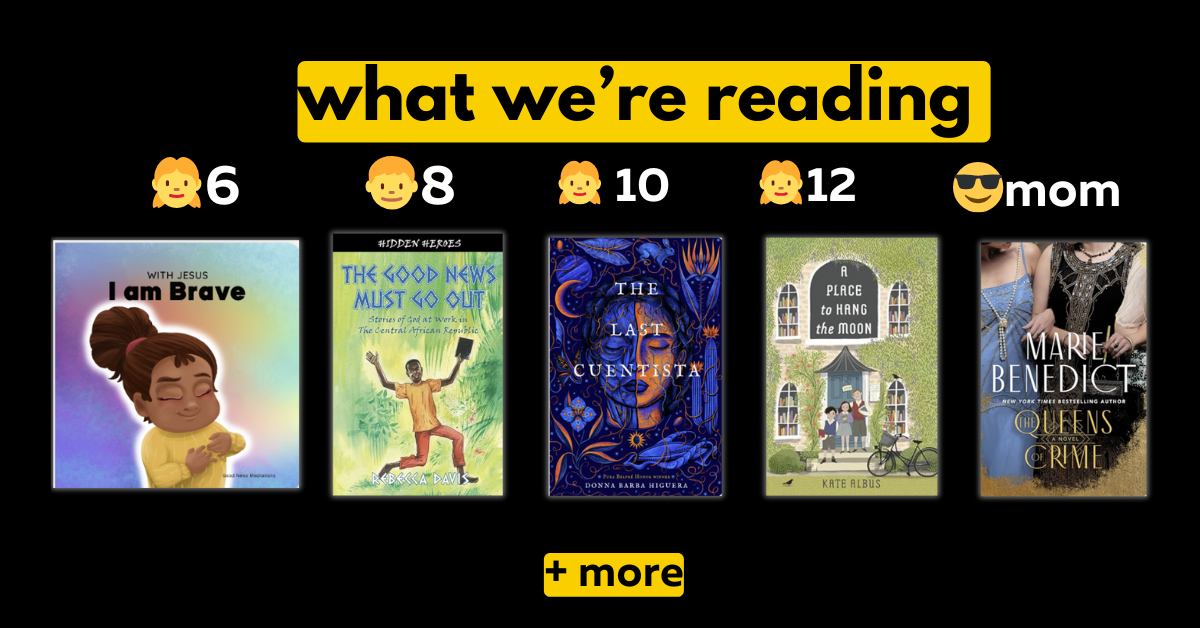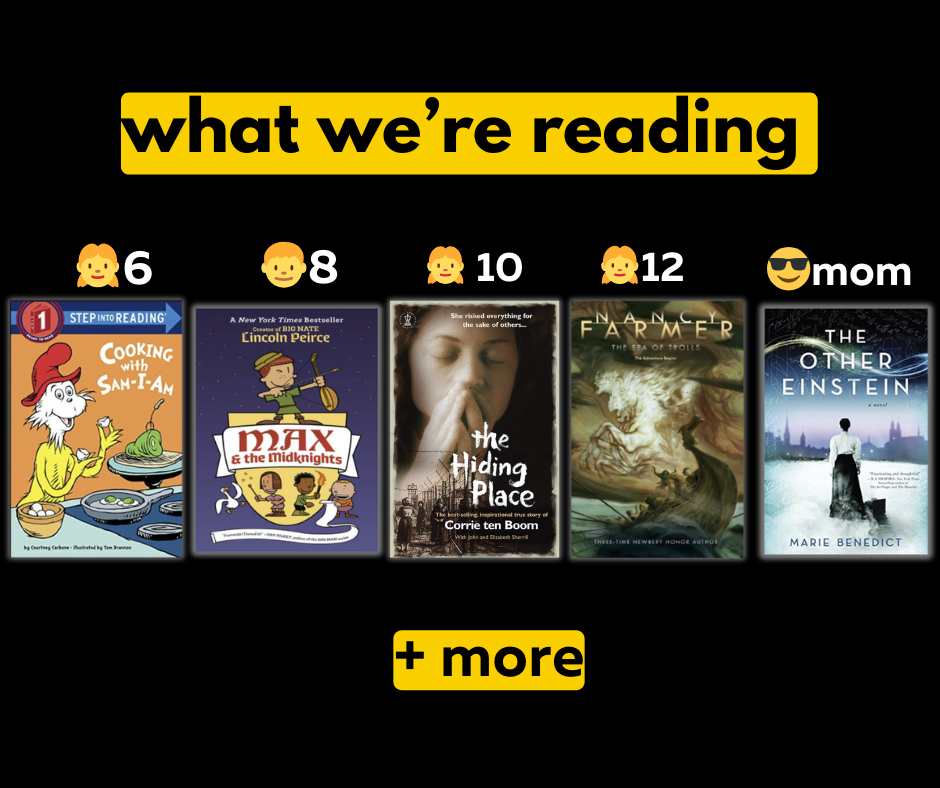
When Academic Pressure Threatens Real Learning
*This is a true story. Names have been changed to protect identities.
Sam has been my student for four years. In that time, I’ve watched him grow from a wide-eyed 11-year old kid excited about learning English to a student caught between two worlds—one that values curiosity and another that demands perfection. His mom recently reached out to me, and her message was a mix of gratitude and quiet frustration.

She wants Sam to see English as a tool to understand the world, not just another high-stakes exam. But school tells a different story. The pressure is relentless, the workload overwhelming. He’s in an “excellent” class, which means excellent expectations—hours of drilling, rote memorization, and test prep. His scores are good, but there’s a cost. He’s exhausted, and worst of all, he’s losing the spark that once made him love learning a new language.
This isn’t just Sam’s story. It’s a cautionary tale that plays out in classrooms around the world. When education is reduced to numbers, something vital is lost. But here’s the thing—there’s another way. And it starts with rethinking what learning should look like.
When Learning Becomes a Checklist
In a perfect world, learning would be about discovery, not compliance. But in reality, academic systems prioritize measurable outcomes over meaningful engagement. Schools focus on test scores because they’re easy to quantify, but real learning is messy, nonlinear, and deeply personal.
Sam’s mother sees the problem. She wonders if she’s wrong to question the system, to push for something different. After all, grades matter. But what happens when high scores come at the expense of critical thinking, creativity, and even well-being?
This is where outside learning spaces—tutors, mentors, and alternative programs—become crucial. Because if the goal is true understanding, then kids need more than worksheets and drills.

What Real Learning Looks Like
For Sam, my goal has always been clear: help him use English, not just memorize it. In our sessions, we focus on three things:
- Communication – Language isn’t about getting a perfect test score; it’s about connecting with people. We practice speaking naturally, breaking away from rigid scripts and rehearsed responses.
- Comprehension – Instead of lifeless passages designed for standardized tests, we dive into books, articles, and real-world materials that interest him. He reads not just to answer questions, but to understand, to think, to engage.
- Expression – Writing is more than structure and grammar—it’s about voice. Whether through journaling, storytelling, or discussions, I want him to see English as a tool for expression, not just something to “get right.”
In this space, there are no red marks, no rankings—just learning in its most natural form. And that’s why his mom keeps him in these classes, even when school demands more of his time. She sees the difference.
The Power of a Parent-Tutor Partnership
Sam’s story also highlights something important: the role of parents in advocating for their child’s education. His mom isn’t just handing off the responsibility to a tutor; she’s actively involved, reflecting on his needs, his stress levels, and his overall well-being. She wants him to succeed, but not at the cost of his curiosity or happiness.
She trusts me to adjust lessons based on what he needs—not just academically, but emotionally. And that trust makes all the difference. When tutors and parents work together, students don’t just survive their education—they thrive.
The Takeaway
Sam’s journey isn’t unique. It’s a reality for so many students navigating high expectations in a system that rarely slows down. But his story is also proof that learning can look different. That it should look different.
If you’re a parent watching your child struggle under the weight of academic pressure, know this: their education is more than a number. Their success is more than a grade. And their love for learning—true, engaged learning—can still be protected.
Sometimes, that means pushing back against the system. Sometimes, it means finding the right support outside of school. And sometimes, it just means asking the hard questions and trusting your instincts.
Because real learning isn’t just about passing a test. It’s about understanding the world—and having the curiosity to keep exploring it.
Looking for meaningful learning opportunities? Curio offers engaging online classes in Spanish, French, Writing, & Public Speaking taught by licensed teachers & native speakers. Our classes are designed for homeschoolers & independent learners looking for additional ways to grow. Ready to explore? Browse our courses & find the perfect fit for your learner!


